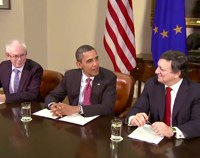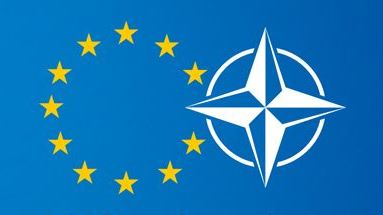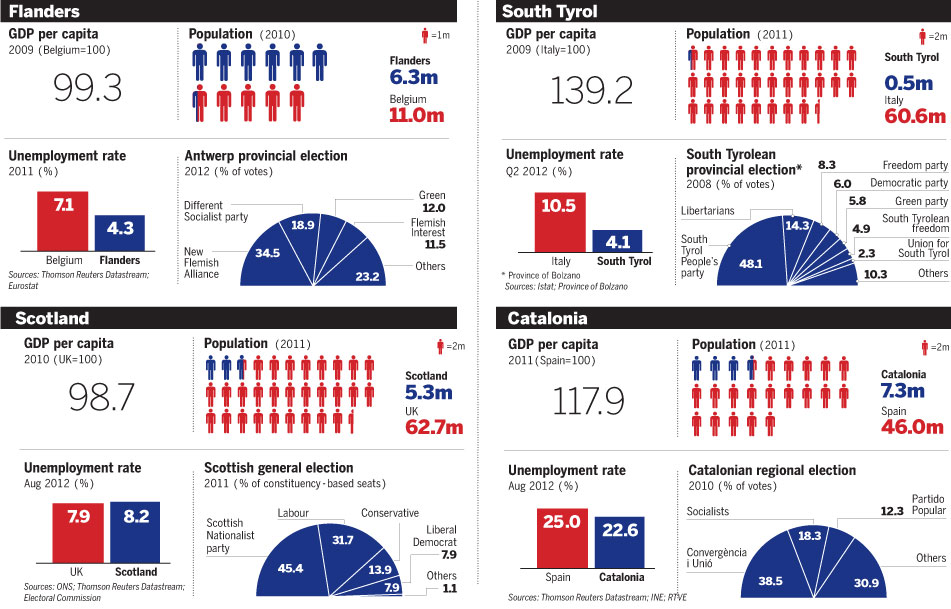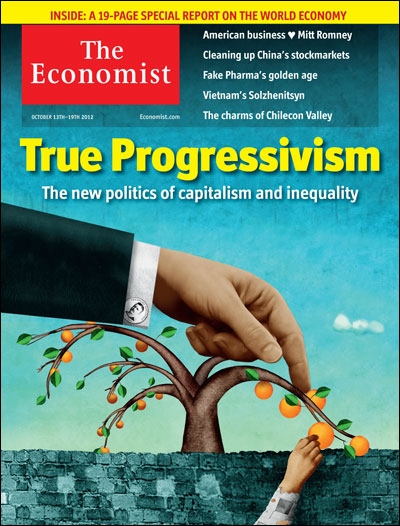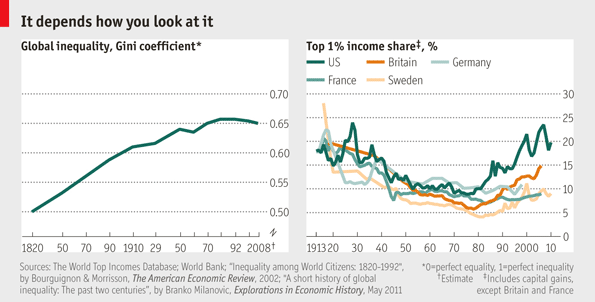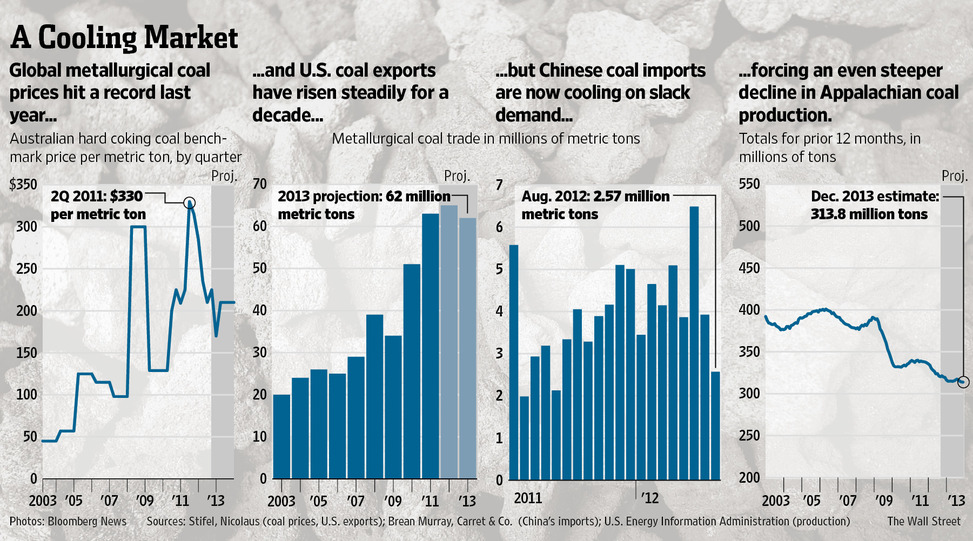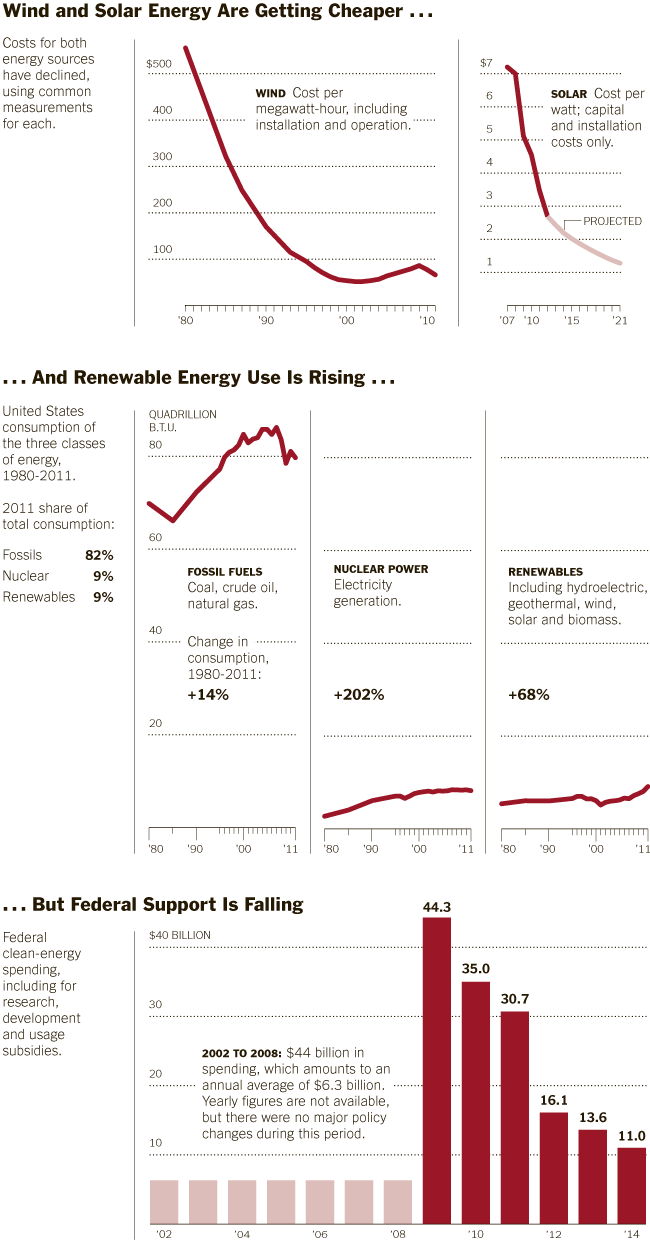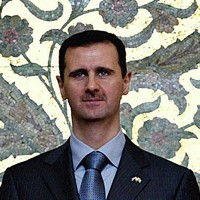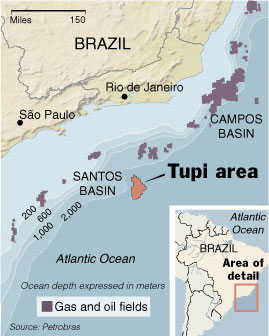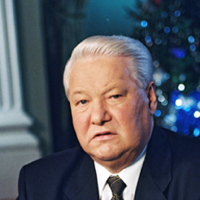 Nice piece by Friedman talking about the supranational challenges foisted upon Europe by globalization and the subnational challenges foisted upon the Middle East by the same.
Nice piece by Friedman talking about the supranational challenges foisted upon Europe by globalization and the subnational challenges foisted upon the Middle East by the same.
He makes a big deal about both happening at the same time, but in my mind, the connecting logic is not all that hard to see.
Globalization requires strong states. It does not eliminate them as many suppose, nor particularly weaken them. Data upon data shows that the national economies most able to successfully engage globalization do so thanks to strong states (strong in power, less so in reach as they tend to be democracies).
So when globalization comes to weak/fragile/fake states, like we have in the Middle East, it tends to fracture them, revealing the subnational fissures below. In this way, the "divorces" we're witnessing now are very much like what we saw in the Balkans in the 1990s, where we saw a fake supranational state dismembered by the heterogeniety of the players within (some were ready to take on globalization and win, others less so).
So what are we looking at in the Middle East? A long period of nation-building done by somebody, but mostly by the locals with help of foreign investors because outside governments with their aid are so bad at encouraging such things. Beyond that, these relatively small states must come together in supranational organizations that reward their collective strength. Imagine the US as 50 competing states versus a supranational union, because we are lucky to be so organized (actually, luck had nothing to do with it, because, once we made our miniature version of globalization happen in North America, we successfully set about replicating it globally over the past seven decades).
So yeah, a long row to hoe in the Middle East.
Europe is far more fortunate, and it's incorrect to make it seem like it's suffering similar dynamics. Europe is full of real states and they have all the instruments necessary for true supranational union. They just need to evolve those instruments and their rules toward that end. So, if the Middle East faces a massive evolution/transformation that stretches over decades, Europe faces nothing of the sort. It's just a matter of political will among the richer units (Germany especially). The legimimate solution to Europe's problems can be set in motion in a matter of weeks. It's simply a question of whether or not Europe wants that future or still fantasizes about a world in which smaller states can do better at globalization than supranational unions.
Look around your world on the question of resources. Check out energy and food and ask yourself: do you see far more interdependency on the horizon or far less? If you see the latter, you say, "We'll get by on our own!" If you see the former, you say, "We'd be safer in a larger multinational setting."
The Middle East has little hope for such solutions, except among the rich PG states, where Riyadh pushes such confederation instinctively. Europe is in a good enough place. It just lacks the political will to do what needs to be done.
This is not the tragedy of the commons. This is tragedy defined by political generations of leaders not being ready for what history has thrust upon them. You look at Merkel. You know her story. You know what she's been through and what she fears.
Merkel may still be up for the challenge. Women tend to spot these opportunities better than men. She may also be playing the clever game of letting events deteriorate to where she gets what she wants and believes Europe needs. I suspect that is the case.
I also suspect we are witnessing an enormous gamble.
But, in the end, I expect Europe to pull it off. It won't be pretty. It'll just be enough.
Europe, after adding so many stars so fast, truly risks losing some now. America went through that under far worse circumstances. But have no doubt, Merkel needs to become a bit Hamilton and a bit Lincoln.
 Saturday, August 27, 2016 at 7:59PM
Saturday, August 27, 2016 at 7:59PM 









